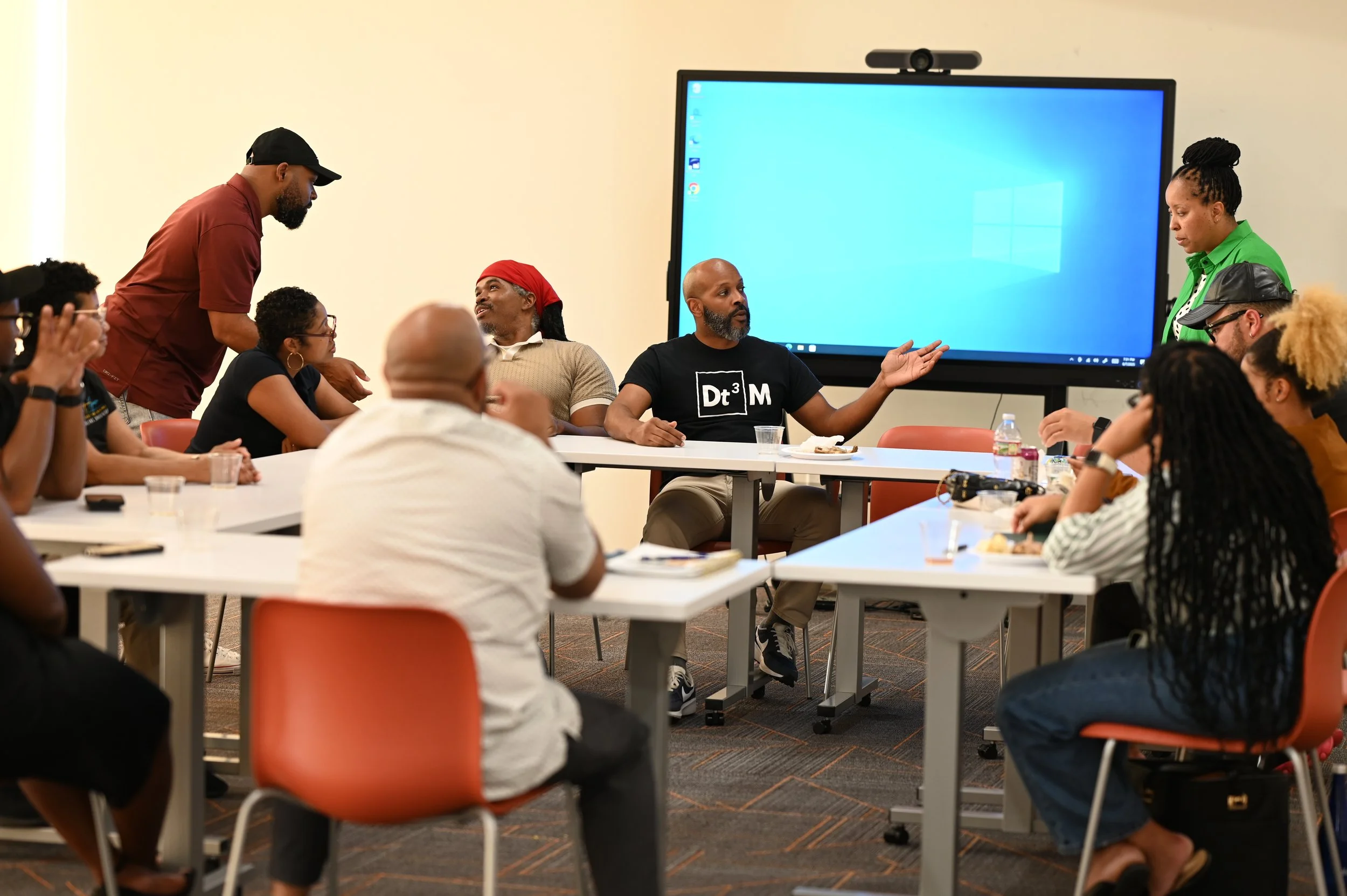A Code for Belonging: How Proximity Could Reshape Houston’s Development Culture
In Houston, change has often been reactive. But a bold idea is gaining traction: What if the city proactively designed for belonging?
In the Intersection of corridors, transit and housing panel of the Building Belonging workshop, speakers introduced the concept of a Proximity Code—a local policy and finance overlay that centers community ownership, permanence, and wealth-building. Unlike federal initiatives like Opportunity Zones, which often accelerate gentrification, this approach would reward developers who live in or near the communities they build in and hire locally.
“We don’t need to copy New York or Dallas,” said one panelist. “Houston can write its own code—something native to our needs and our people.”
The proposed code would combine zoning overlays with financing reforms: urban impact funds, CDFI-backed lending, and embedded anti-displacement standards. But implementation will require what Houston currently lacks—a unified collective. Panelists emphasized that nonprofits, churches, and small businesses in neighborhoods like Third Ward are too often siloed and competing for the same limited resources.
“There’s no collective voice,” one panelist said. “And that’s the real hurdle.”
Still, there’s hope. A prototype is now in development. A working group shepherded by the Third Ward Real Estate Council will launch this fall. And if successful, Houston could become the first city in the country with a proximity-based development framework built by and for the communities it’s meant to serve.

